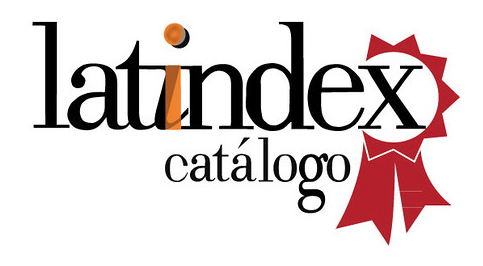Urban Trauma and Self-organization of the City. Autopoiesis in the Battle of Mogadishu and the Siege of Sarajevo
Palabras clave:
Battle of Mogadishu, Siege of Sarajevo, complex urban systems, autopoiesis, urban armed conflictResumen
Introduction
Cities under armed conflict become urban laboratories. Changes of their urban structure reflect intrinsic properties of the city, hardly noticeable in circumstances of stability. Not only does a conflict-conditioned urban trauma imply shattered spatial and social networks, it also removes memory from space, jeopardizing both city´s history and future. However, viewed through the lens of complexity, “trauma is an element that is not external, but intrinsically constitutive of a city´s organization” (Burke, 2010) – it defines the moment in which the urban system needs to reinvent itself in order not to disappear. In that sense, our object of study addresses an urban specificity that usually occurs in urban conflicts of high uncertainty: self-organization. This paper briefly exposes two cases that concern self-referential systems in war situations. The first case is the city of Mogadishu (Somalia) during the October 1993 pacification attempt by the U.S. Special Forces and the second is the city of Sarajevo (Bosnia and Herzegovina), held under siege for more than three and a half years, between April 1992 and December 1995, by Bosnian Serb troops. In both cases, armed conflict caused an increase of self-organization in the urban system, changing its future unpredictably and irreversibly.
Keywords
Battle of Mogadishu; Siege of Sarajevo; complex urban systems; autopoiesis; urban armed conflict
Descargas
Descargas
Publicado
Número
Sección
Licencia
El copyright del texto y la edición será cedido por los autores a la Revista Urban del Departamento de Urbanística y Ordenación del Territorio (Escuela Técnica Superior de Arquitectura de Madrid - Universidad Politécnica de Madrid).
Esta cesión se realizará mediante la firma y envío vía mail al Equipo Editorial del modelo de carta que se encuentra en la web de la revista.
La revista permite el auto-archivo de la versión post-print (en su versión editorial) después de un periodo de 12 meses tras la publicación de la revista. La Revista Urban autoriza este auto-archivo en páginas web personales de los autores y repositorios institucionales y/o temáticos.
Urban is an open access journal which means that all content is freely available without charge to the user or his/her institution. Users are allowed to read, download, copy, distribute, print, search, or link to the full texts of the articles on this journal without asking prior permission from the publisher or the author. This is in accordance with the BOAI definition of open access.









